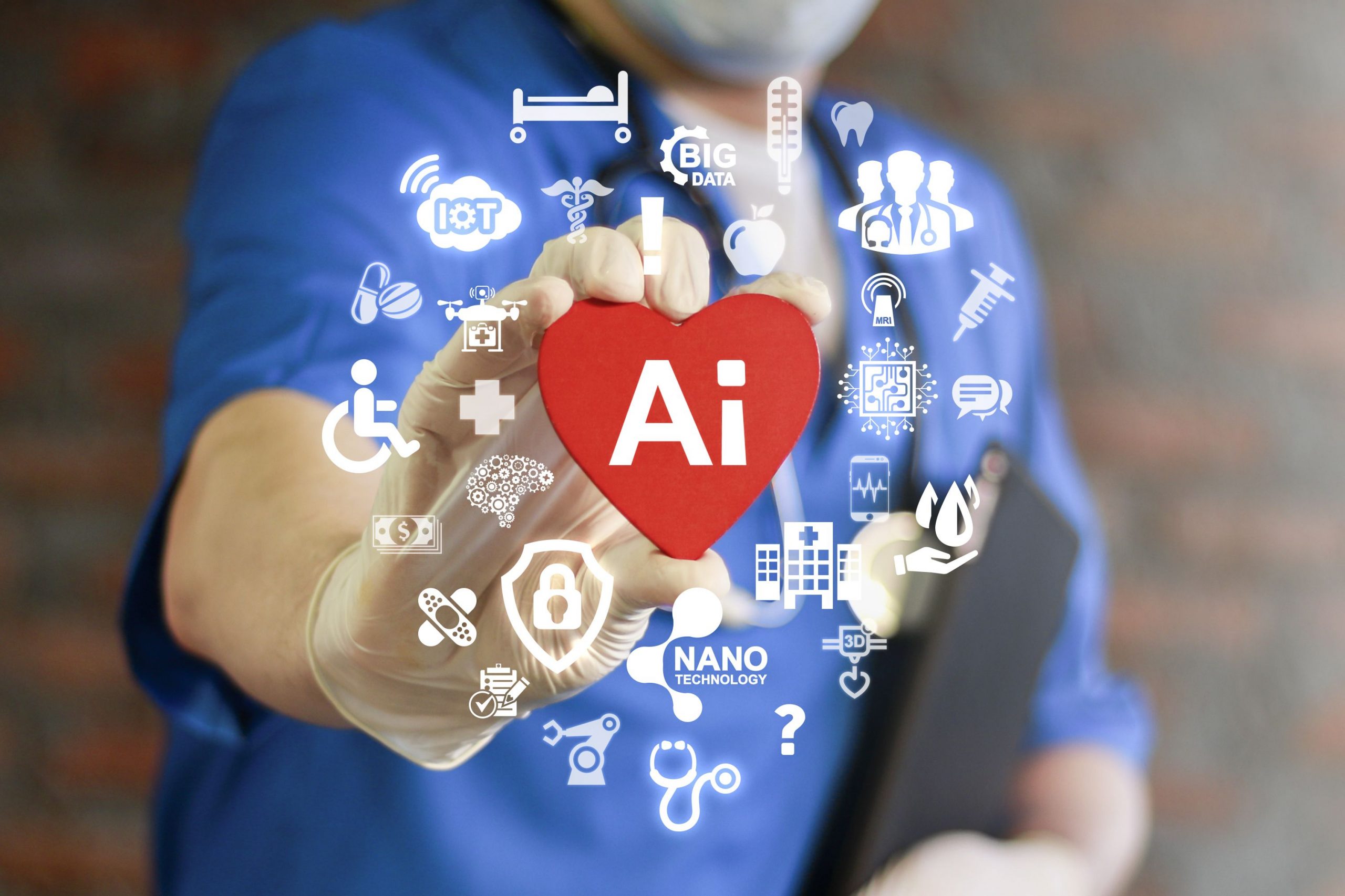
Ways to use artificial intelligence in medicine are burgeoning. According to Kenneth Kleinberg, Vice President of Chilmark Research, in a recent study partnering with the University of Michigan Medical Center, “Half of the health systems we surveyed believe that most medical specialties will be using AI in a major way in one to three years.” But many healthcare professionals are wary of implementing AI in their practices, fearful about its effectiveness and the possibility that it may someday make them obsolete.
According to systems analyst Jeff Axt in a recent article for Healthcare IT News, the way that AI is added to a workflow is key to making it work for providers. Rather than considering it a fully formed diagnosis or cut-and-dry answer to a question, he recommends looking at AI as a resource for a second opinion. “It’s about providing the clinician with a consult that’s really easy to access, they don’t have to worry about scheduling time and they don’t have to redo the examination. You’ve got the data. Process it through that algorithm and see what it says.” Axt has spent over a decade working with physicians and researching ways that AI technology can be applied in a clinical setting. He has found that AI can be a valuable part of medical decision-making, but that it is crucial for doctors to control the final decision.
“Augmented intelligence” has been introduced in the imaging field, where the use of AI is helping to optimize workflows in radiology and other diagnostic specialties where physicians can use advanced imaging techniques to their advantage. Providing more detail on an anatomical level can lead to faster access to results, reduced wait times for patients, and better coordination of care going forward. “We should free our experts to undertake expert work by removing as many nonessential tasks for them as possible,” said Angie Craig, assistant director of operations and performance at Leeds Teaching Hospitals Trust in the United Kingdom. “That’s where artificial intelligence comes in.” The use of AI for repetitive tasks and pulling together information from a patient’s medical record allows a healthcare provider to spend more time making personalized care recommendations for patients, leading to better care and improved outcomes in the long run. Initial diagnoses and follow-up care can be tailored to individual needs, and physicians can have more meaningful interactions with patients, delivering superior care and getting faster results.
While there are sure to be more healthcare applications for AI down the road, these developments promise to streamline workflows and optimize the use of clinicians’ time with patients. Rather than sifting through data themselves, doctors can rely on assistance from AI when evaluating test results and medical history to determine the best course of care for patients. This partnership between AI data specialists and the expertise and judgment of experienced physicians can only yield better results for patients in the end.